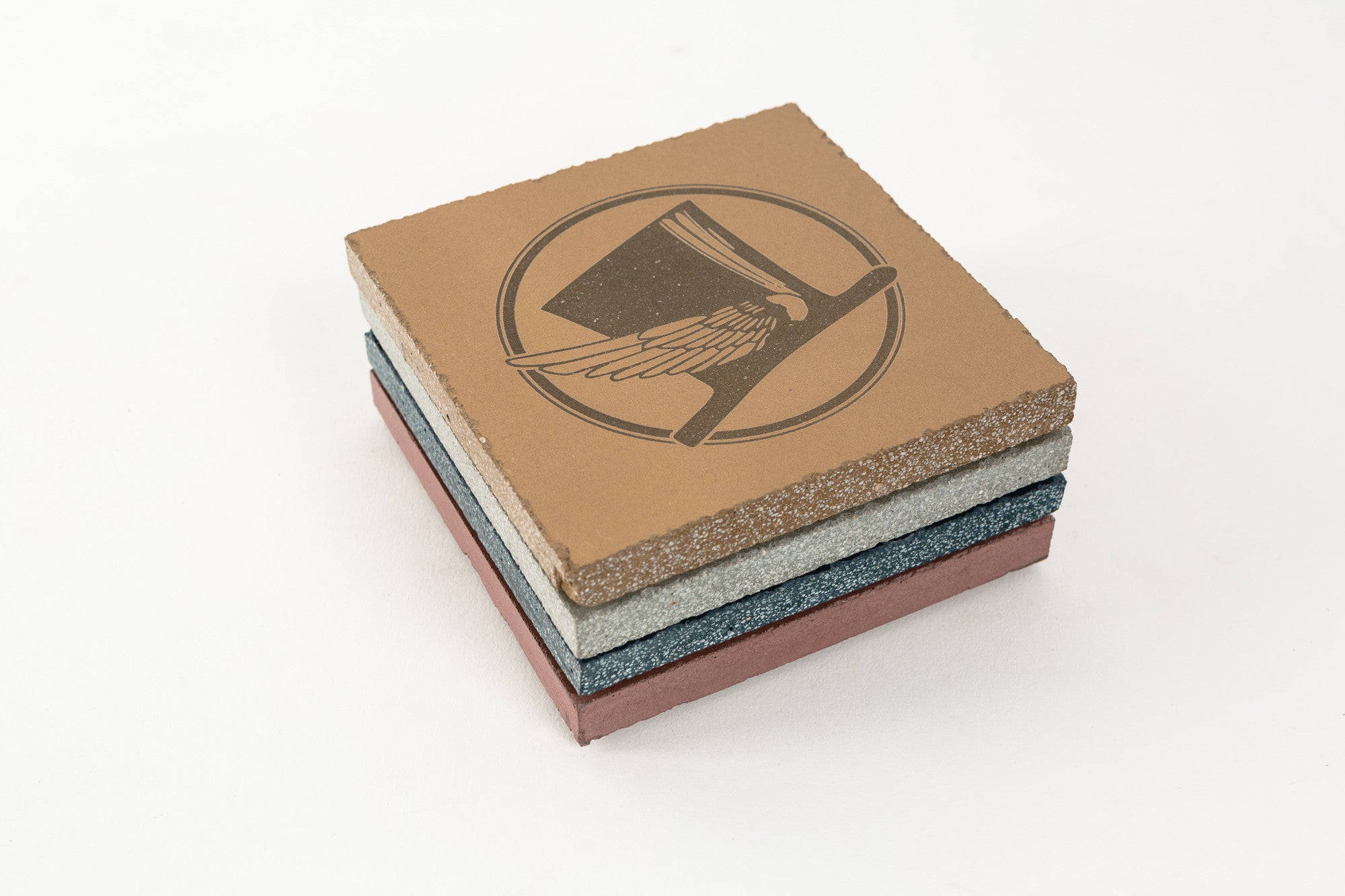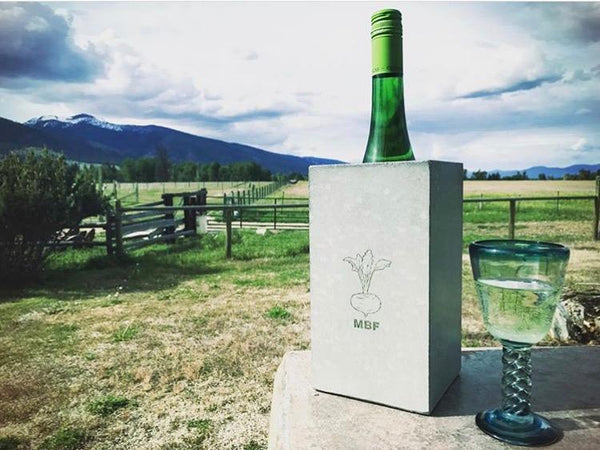The Wine Closure Debate

It is not unusual for me to hear people express dismay at the screw cap. You’ve probably experienced it yourself: you are out to dinner with friends and you all deliberate over what bottle of wine you will order and share. It’s part of the great building of expectations—you can’t wait to savor the sips over conversation and good food. You love the ritual of it.
When the wine arrives, the server presents it, you nod your acceptance and their hand goes to their apron pocket. They pull out the corkscrew, tilt the neck of the bottle towards it and then they drop their head and nod slightly. They quietly place the corkscrew on the table and twist the cap to open the wine. Those few extra moments of anticipation, where the server might crack a joke, begin a story or answer a question about the wine just, well, evaporate. You can’t help but feel that something is lost. It’s not enough to spoil the wine or the meal—not nearly enough, but it can be a little letdown.
Oh yeah. It’s not always cork.
Or sometimes they use the corkscrew and pull out a synthetic cork. Inevitably, someone at the table will look at it perplexed.
How can you tell if the wine is okay? These things don’t give away any secrets.
How can I cut the cork into little pieces while we are chattering about the state of the world?
It’s just not the same.
This is one end of the debate. The winemakers are at the other end of it. And they are still definitely debating. The Drinks Business recently posted a series of articles about this very topic and it has proven to be quite interesting. The central argument lies in how the closures affect the aging of wine, based on the amount of oxygen that is allowed in or out of the bottle. They all talk about TCA (a chemical compound known to be the primary culprit for cork taint—which occurs with natural cork and can essentially, spoil a bottle of wine).
The funny thing is, various wine makers make compelling arguments for each type of closure: natural cork, synthetic or screw cap. More than one winemaker references how different closures affect different varietals. For example, whites seem to be better with natural cork and syrah can have too high of a tannic composition with synthetic closures. Who knew?
It seems like the jury is still out and like the aging of wine, the arguments will evolve and take greater shape in years to come. I certainly am all for wine tasting good, but I have to admit, at the table, I like the cork au naturel. I guess I am a traditionalist. In this case. What about you?
Leave a comment
Comments will be approved before showing up.
Also in News



